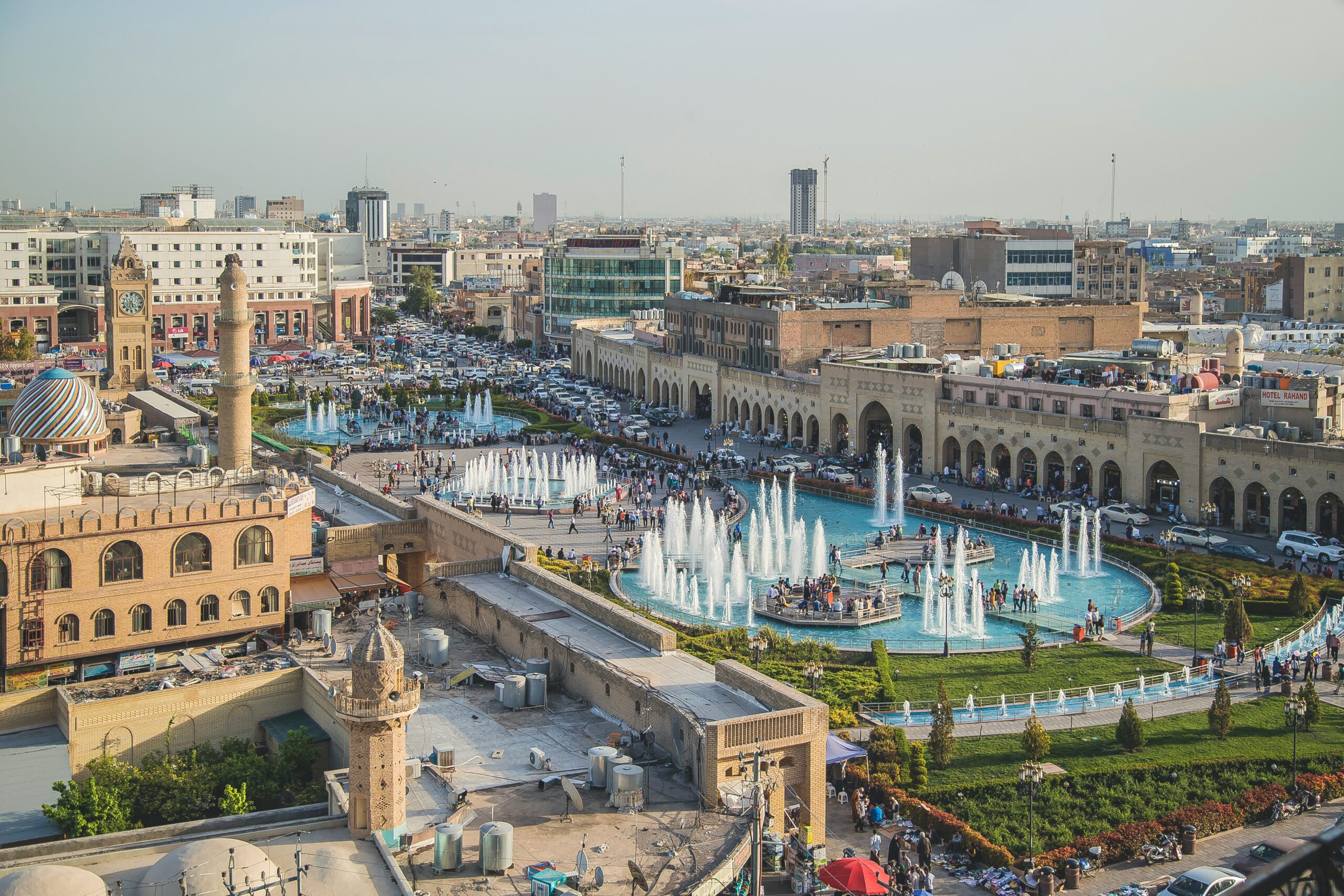Introduction
Welcome to Iraq, a country located in the heart of the Middle East. With its rich history, diverse landscapes, and warm hospitality, Iraq offers a unique experience for visitors from around the world. Whether you’re interested in exploring ancient archaeological sites, immersing yourself in vibrant local culture, or embarking on a business venture, Iraq has something to offer for everyone.
Location and Surface Area
Situated in Western Asia, Iraq is bordered by Turkey to the north, Iran to the east, Kuwait to the southeast, Saudi Arabia to the south, Jordan to the southwest, and Syria to the west. Covering an area of approximately 437,072 square kilometers, Iraq boasts a diverse landscape that ranges from vast deserts to fertile plains and mountainous regions.
Climate
The climate in Iraq varies depending on the region. Summers can be extremely hot, with temperatures reaching over 50 degrees Celsius in some areas. Winters are mild, with temperatures averaging around 15 degrees Celsius. Spring and autumn offer more moderate temperatures, making them the ideal seasons to visit Iraq.
Fauna and Flora
Iraq is home to a diverse range of flora and fauna. The country’s varied landscapes support a wide array of plant and animal species. From the marshlands of southern Iraq, which are home to unique aquatic plants and birds, to the mountainous regions in the north, where you can find wild goats and birds of prey, Iraq’s natural beauty is truly captivating.
Attractions
One of the highlights of visiting Iraq is exploring its rich historical and archaeological sites. The ancient city of Babylon, with its iconic ruins and Hanging Gardens, is a must-visit for history enthusiasts. The city of Erbil, with its ancient citadel and bustling bazaars, offers a glimpse into Iraq’s vibrant culture. Other attractions include the holy city of Najaf, the ancient city of Ur, and the beautiful Ziggurat of Ur.
Population
Iraq is home to a diverse population, with Arabs making up the majority. The country also has significant Kurdish, Turkmen, and Assyrian populations. The warm and friendly nature of the Iraqi people is reflected in their hospitality towards visitors. You’ll find locals eager to share their culture, traditions, and delicious cuisine with you.
Currency
The official currency of Iraq is the Iraqi Dinar (IQD). It is advisable to exchange your currency for dinars upon arrival. Major credit cards are accepted in larger establishments, but it’s always a good idea to carry cash for smaller purchases and in more remote areas.
Visa
Before planning your trip to Iraq, it’s essential to check the visa requirements for your country of residence. Depending on your nationality, you may need to obtain a visa before arrival or upon arrival at one of Iraq’s international airports. It is recommended to consult with the nearest Iraqi embassy or consulate for the most up-to-date information.
Official Languages
The official languages of Iraq are Arabic and Kurdish. Arabic is the most widely spoken language, while Kurdish is predominantly spoken in the northern regions of the country. English is also spoken and understood in many tourist areas and by professionals in major cities.
Culture and Customs
Iraq has a rich cultural heritage that is deeply rooted in its history. Traditional music, dance, and poetry play an integral role in Iraqi culture. The country is also known for its delicious cuisine, which features a variety of flavors and influences. When visiting Iraq, it’s important to respect local customs and traditions, such as dressing modestly and removing your shoes when entering someone’s home.
Hospitality
Iraqis are known for their warm and welcoming nature. Hospitality is highly valued in Iraqi culture, and visitors are often treated as honored guests. You can expect to be greeted with open arms and offered traditional tea or coffee wherever you go. Don’t be surprised if locals go out of their way to help you or invite you to share a meal with them.
Main Cities
Iraq is home to several vibrant cities that offer a unique blend of history, culture, and modernity. Baghdad, the capital city, is a bustling metropolis with a rich historical heritage. Other notable cities include Erbil, Basra, Mosul, and Najaf, each with its own distinct charm and attractions.
Airports and Airlines
Iraq has several international airports, including Baghdad International Airport, Erbil International Airport, and Basra International Airport. These airports are serviced by major airlines from around the world, making it convenient for visitors to travel to and from Iraq. It is advisable to check with your preferred airline for the most up-to-date flight schedules and options.
Conclusion
Whether you’re a history buff, a nature lover, or a business traveler, Iraq has much to offer. From its ancient archaeological sites to its vibrant culture and warm hospitality, a visit to Iraq is sure to leave you with lasting memories. So pack your bags and get ready to explore this fascinating country that is steeped in history and brimming with cultural treasures.

